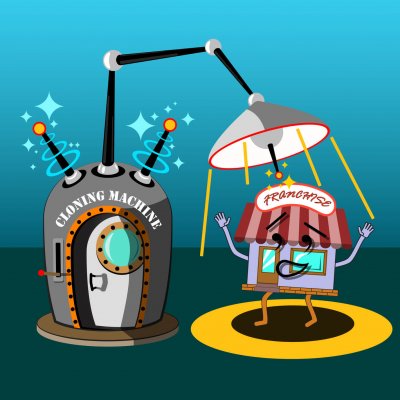 The idea of economic science encompasses all the parameters, theories and study techniques related to the factors of production of a society. Through a set of tools, economic science aims to describe the behavior of companies, individuals and nations with respect to their material resources.
The idea of economic science encompasses all the parameters, theories and study techniques related to the factors of production of a society. Through a set of tools, economic science aims to describe the behavior of companies, individuals and nations with respect to their material resources.
In specialized terminology we speak of economic sciences, since there are several disciplines typical of this scientific branch. In any case, it is claimed that economics is a science because it uses the scientific method. It should be noted that the scientific method begins with the observation of reality and from the data obtained several general hypotheses are handled that are finally contrasted and that allow the elaboration of an explanatory theory.
The characteristics of this matter
In the physical and experimental sciences, one aspect of reality is normally studied, such as the atom, speed, inertia or energy. However, in economics it is necessary to analyze reality in its complexity. In other words, this scientific discipline has a social and political dimension.
Economic studies, like other scientific disciplines, observe phenomena of reality
The set of phenomena have some kind of relationship between them. These relationships are what allow establishing laws (such as the law of supply and demand). If there is a set of laws, it is already possible to speak of an economic theory. In this sense, every theory tries to explain a wide range of phenomena.
Traditional science can predict certain phenomena (for example, meteorology tells us about the weather very roughly). This mechanism is not exactly the same in economic science, since specialized economists still cannot determine what the economic reality will be from a series of data because in every economic context there is a high component of uncertainty.
Economic science is divided into two main areas: microeconomics and macroeconomics.
 Microeconomics focuses on the study of small economic agents (for example, individuals or families) and how they interact with each other. The set of all individual decisions that are part of the market is what makes up the macroeconomy.
Microeconomics focuses on the study of small economic agents (for example, individuals or families) and how they interact with each other. The set of all individual decisions that are part of the market is what makes up the macroeconomy.
Macroeconomics studies general variables, such as inflation, unemployment or the CPI. Instead, microeconomics focuses on the economic behavior of businesses, employees, and consumers.
Photos: Fotolia - Oleksandr / Majcot









